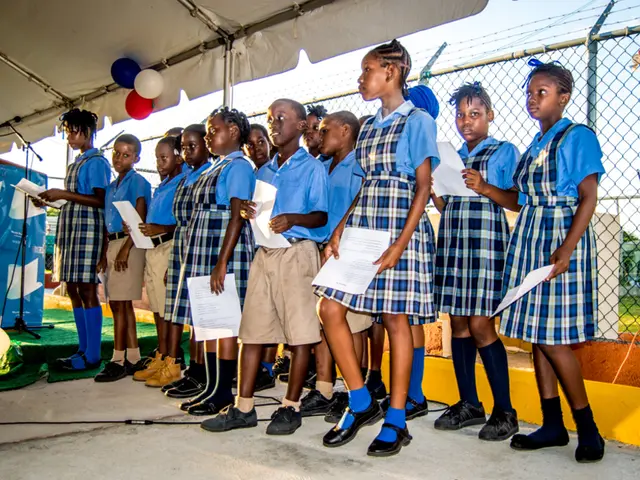Unity in religious beliefs serves as a catalyst for strengthening bonds between Jakarta.
INDONESIA AND THAILAND FOSTER SUSTAINABLE TOURISM AND CULTURAL COLLABORATION
Jakykarta, Indonesia - Indonesia and Thailand are intensifying their bilateral relationships by focusing on sustainable tourism and preserving shared Buddhist heritage. During the recent "Waisak di Borobudur 2025" celebration on May 12 at the renowned Borobudur Temple in Central Java, key figures from both nations emphasized the importance of cultural and economic collaboration.
Organized by InJourney, Indonesia's state-owned tourism enterprise, and Walubi, the Federation of Buddhist Organisations, the event brought together Southeast Asian monks, officials, and tourism leaders championing spiritual and cultural diplomacy. Both nations aim to uplift local communities and safeguard sacred sites while boosting long-lasting bilateral relations.
Despite constraints in physical connectivity, such as the absence of direct flights between Bangkok and Yogyakarta, Indonesian officials believe that eco-tourism and Buddhist cooperation offer a potent foundation for enduring partnerships. "Indonesia and Thailand have shared values beyond religious ties," stated Febrina Intan, Borobudur Tourist Park's director. "We can work together on sustainable tourism that lifts the local economy while preserving our cultural heritage."
As a UNESCO World Heritage site, Borobudur boasts ancient stone stupas adorned with hundreds of Buddha statues. The Indonesian government is promoting it as a spiritual destination rather than a mere tourist attraction. Tourist numbers are limited to 1,200 daily visitors with only 150 per round to prevent destruction of the temple. Efforts include mandating eco-friendly sandals made by locals, encouraging pilgrims to wear them, and introducing 100% electric vehicles in the surrounding areas.
The innovative measures align with Thailand's experience in spiritual tourism and heritage management. Recognizing the Thai expertise in Buddhist meditation and community engagement, Indonesian leaders anticipate that this exchange could enrich Borobudur's transformation. Thai teachers could aid in guiding mindfulness activities, while Indonesians could learn from Thai experience in managing spiritual tourism.
Beyond the temple precincts, Borobudur's new market hub, Kampung Seni, now offers a cleaner environment and better livelihoods for over 2,000 vendors previously scattered around the monument. The emphasis here is on sustainable tourism that balances cultural preservation and economic empowerment.
Religious collaboration has been a silent cornerstone of Indonesia-Thailand diplomacy. Phra Dhammavuddho Thera, vice chairman of Indonesia’s National Vesak Committee, recalls how in the 20th century, Thai monastics laid the foundations for Theravada Buddhism in Indonesia. Shared Buddhist academic institutions, such as the recently launched Thailand-Indonesia joint PhD in Global Buddhism, illustrate the commitment to forging a common future in Buddhist academia.
The partnership between the two countries has evolved into a strategic partnership in 2025, involving tourism sector collaboration in areas like cruise and yacht tourism, wellness, and MICE tourism. Both governments are working towards resolving connectivity issues, with plans to improve infrastructure, launch new flights, and foster greater people-to-people ties.
For the nations, the journey ahead is as much spiritual as physical. As Ms. Intan stated, "This isn't just about tourism or Buddhism—it's about building beautiful stories together."
- In line with the emphasis on sustainable tourism and cultural collaboration, Indonesian officials and tourism leaders are focusing on cultivating lifelong learning opportunities in spiritual destinations, such as Borobudur, to uplift local communities and preserve their heritage.
- Leveraging shared Buddhist heritage and the expertise in spiritual tourism and heritage management, both Indonesia and Thailand aim to engage in education-and-self-development programs that foster mutual understanding and enhance the transformation of Borobudur, benefiting from Thai knowledge in Buddhist meditation and community engagement.







